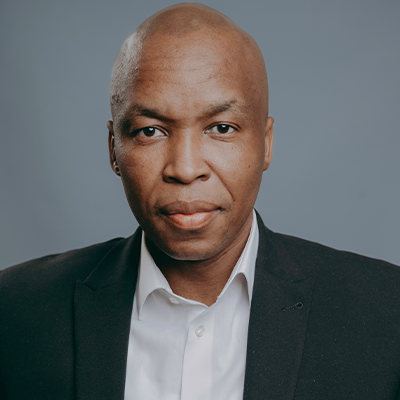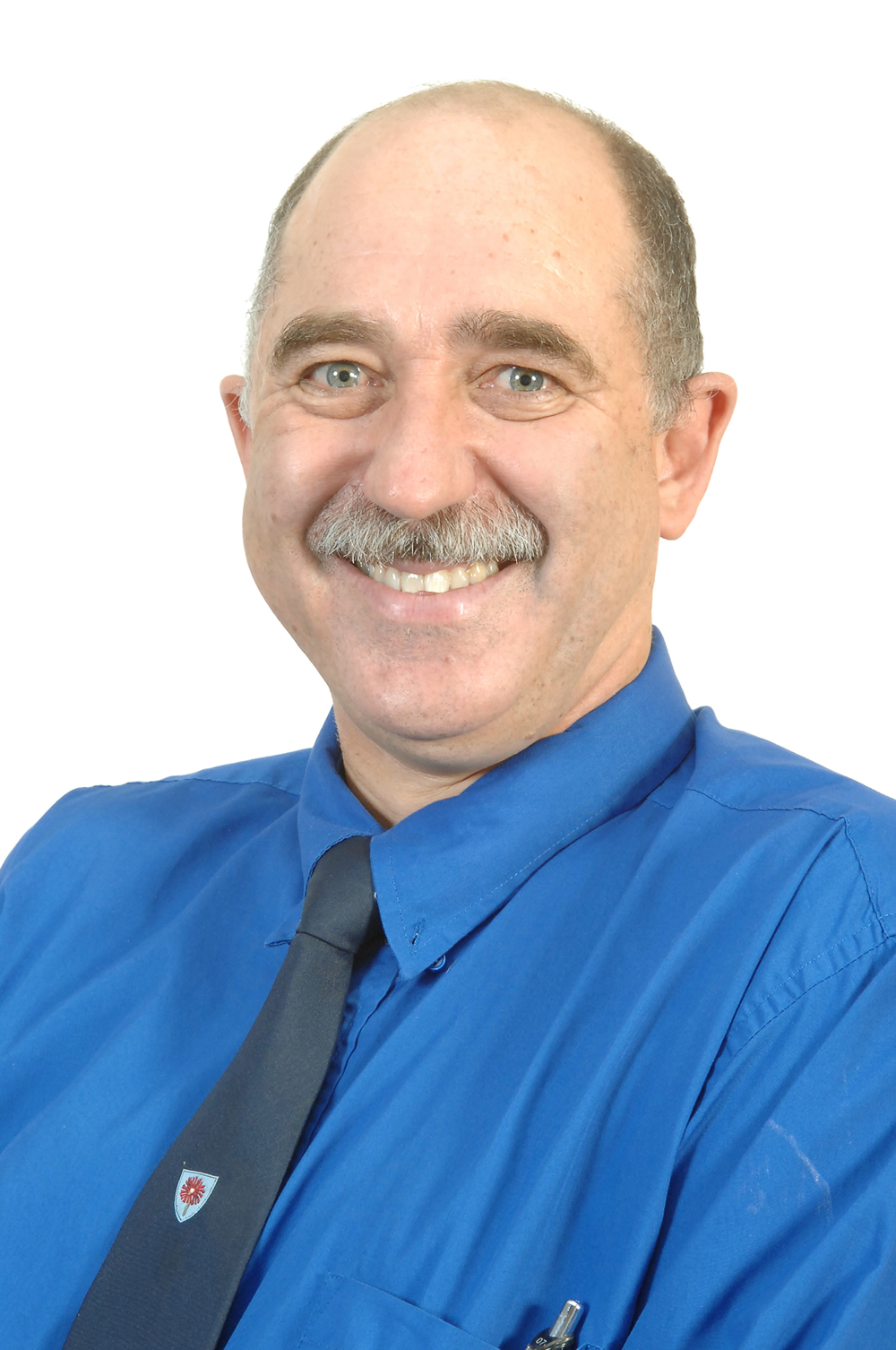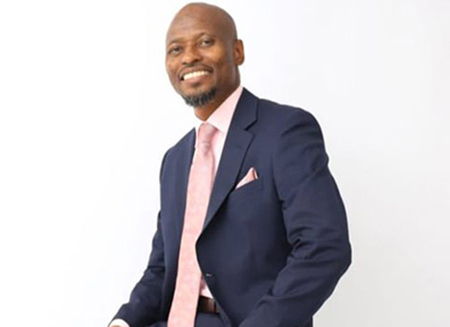Mining the future: The NWU’s leap into critical minerals and smart mining
The North-West University (NWU) is positioning itself at the forefront of South Africa’s evolving mining landscape, with a strategic focus on critical minerals, smart mining technologies and sustainable sector development. Through the establishment and expansion of its School of Mines and Mining Engineering, the University is aligning its academic, research and partnership agenda with national and global priorities in mineral security, industrialisation and economic resilience.





